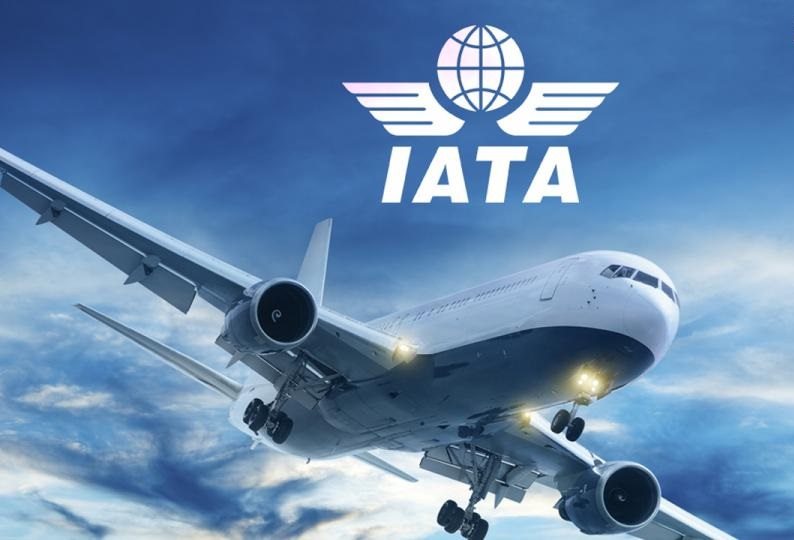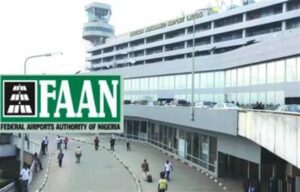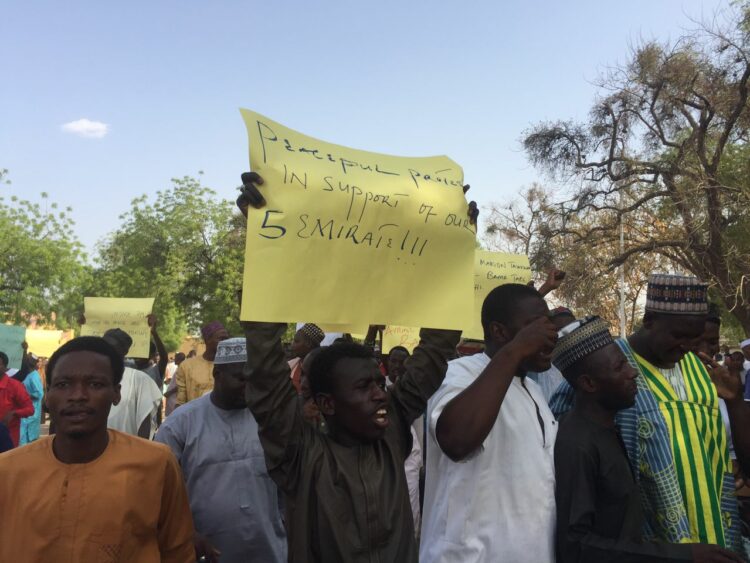
The group said trapped funds in African countries is currently estimated at $1.68 billion, noting that this perennial challenge is impeding the growth and development of air transportation on the continent.
IATA expressed its concerns this week while meeting with delegates at the 55th yearly general assembly of the African Airlines Association (AFRAA), in Entebbe, Uganda.
Similarly, the organisation urged Nigeria and other African countries to avoid imposing higher fees, levies, carbon taxes or new taxes on air transport, trade or tourism amidst their inability to repatriate their funds.
“$1.68 billion in airline funds remain blocked across the continent. This is despite repatriation from Angola, Ethiopia, Ghana, Nigeria, and Zimbabwe through IATA’s working with the respective governments,” it noted.
Meanwhile, as of August, report indicated that foreign airlines’ fund trapped in Nigeria stood at $793 million amidst foreign exchange scarcity.
Of this figure, $300 million is said to be legacy debt, which the Central Bank of Nigeria (CBN) has taken, but yet to be remitted to IATA on behalf of the airlines.
In August last year, IATA lamented airlines trapped funds in Nigeria rose to $464 million (N199.2 billion) in July 2022.
In his remarks, IATA’s Regional Vice-President for Africa and Middle East, Kamil Alawadhi, told AFRAA delegates that as of September 2023, $1.68 billion of airline funds were blocked across Africa out of $2.36 billion globally.
“The numbers are alarming and the impact of this on connectivity is devastating,” he said, reiterating that aviation is capital intensive, and cash flow is key for airlines’ business sustainability.
The official explained that since airlines are not able to repatriate their funds, it severely impacts their operations and decisions on where to fly.
However, Mr Alawadhi said the risk of blocked funds is not limited to just airlines but that the negative impact extends to the countries blocking the funds.
“It impacts the country’s economy and its connectivity, and it hurts investor confidence and reputation. Aviation is not only an economic enabler, it is a pillar of modern economies, ” he explained , urging governments to prioritise aviation and find sustainable solutions in the clearing of blocked funds.
High cost of operations
The Vice-President said further that Africa’s aviation industry is still recovering from significant losses due to the pandemic and that to make up for this shortfall, governments should avoid higher fees, levies, carbon taxes or new taxes regime.
These concerns would only make air travel more expensive and less accessible in Africa, where the average airfare is already 30 per cent higher than the industry average and the jet fuel cost is 10 to 20 per cent higher than the global average, he said.
“Higher costs would discourage customers who are sensitive to prices, resulting in lower demand and revenue for airlines and other stakeholders in the aviation sector, such as airports, ground handlers, suppliers and air navigation services,” Mr Alawadhi said.
He added: “High cost leads to high price, which reduces demand and growth in a price elastic market, and ultimately affects connectivity negatively.
“The message is clear: governments should follow the International Civil Aviation Organisation’s (ICAO) policies on charges and infrastructure and consult with airlines and industry to ensure a fair and cost-effective operational environment that benefits a more connected continent.”









